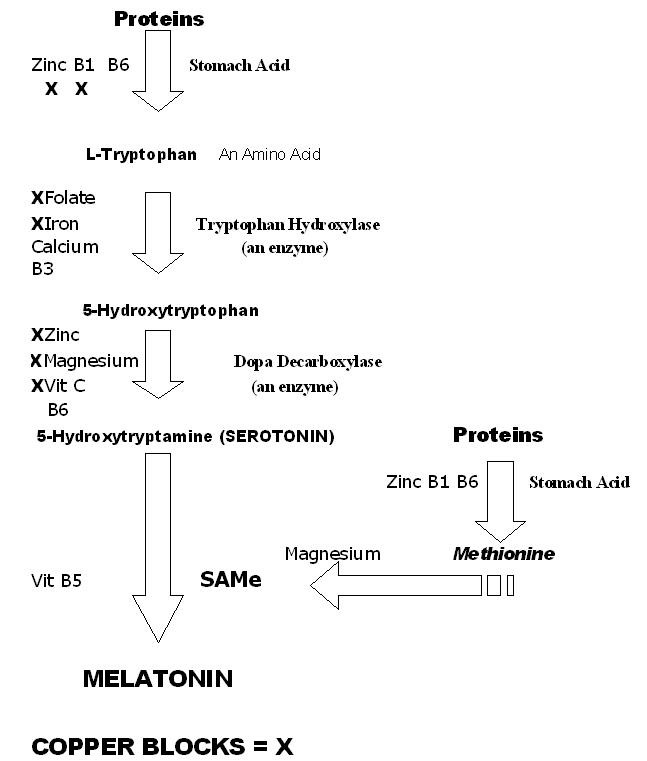Abstract
Background
In current psychiatric practice, antidepressants are widely and with ever-increasing frequency prescribed to patients. However, several scientific biases obfuscate estimates of antidepressants’ efficacy and harm, and these are barely recognized in treatment guidelines. The aim of this mini-review is to critically evaluate the efficacy and harm of antidepressants for acute and maintenance treatment with respect to systematic biases related to industry funding and trial methodology.
Methods
Narrative review based on a comprehensive search of the literature.
Results
It is shown that the pooled efficacy of antidepressants is weak and below the threshold of a minimally clinically important change once publication and reporting biases are considered. Moreover, the small mean difference in symptom reductions relative to placebo is possibly attributable to observer effects in unblinded assessors and patient expectancies. With respect to trial dropout rates, a hard outcome not subjected to observer bias, no difference was observed between antidepressants and placebo. The discontinuation trials on the efficacy of antidepressants in maintenance therapy are systematically flawed, because in these studies, spontaneous remitters are excluded, whereas half of all patients who remitted on antidepressants are abruptly switched to placebo. This can cause a severe withdrawal syndrome that is easily misdiagnosed as a relapse when assessed on subjective symptom rating scales. In accordance, the findings of naturalistic long-term studies suggest that maintenance therapy has no clear benefit, and non-drug users do not show increased recurrence rates. Moreover, a growing body of evidence from hundreds of randomized controlled trials suggests that antidepressants cause suicidality, but this risk is underestimated because data from industry-funded trials are systematically flawed. Unselected, population-wide observational studies indicate that depressive patients who use antidepressants are at an increased risk of suicide and that they have a higher rate of all-cause mortality than matched controls.
Conclusion
The strong reliance on industry-funded research results in an uncritical approval of antidepressants. Due to several flaws such as publication and reporting bias, unblinding of outcome assessors, concealment and recoding of serious adverse events, the efficacy of antidepressants is systematically overestimated, and harm is systematically underestimated. Therefore, I conclude that antidepressants are largely ineffective and potentially harmful.


